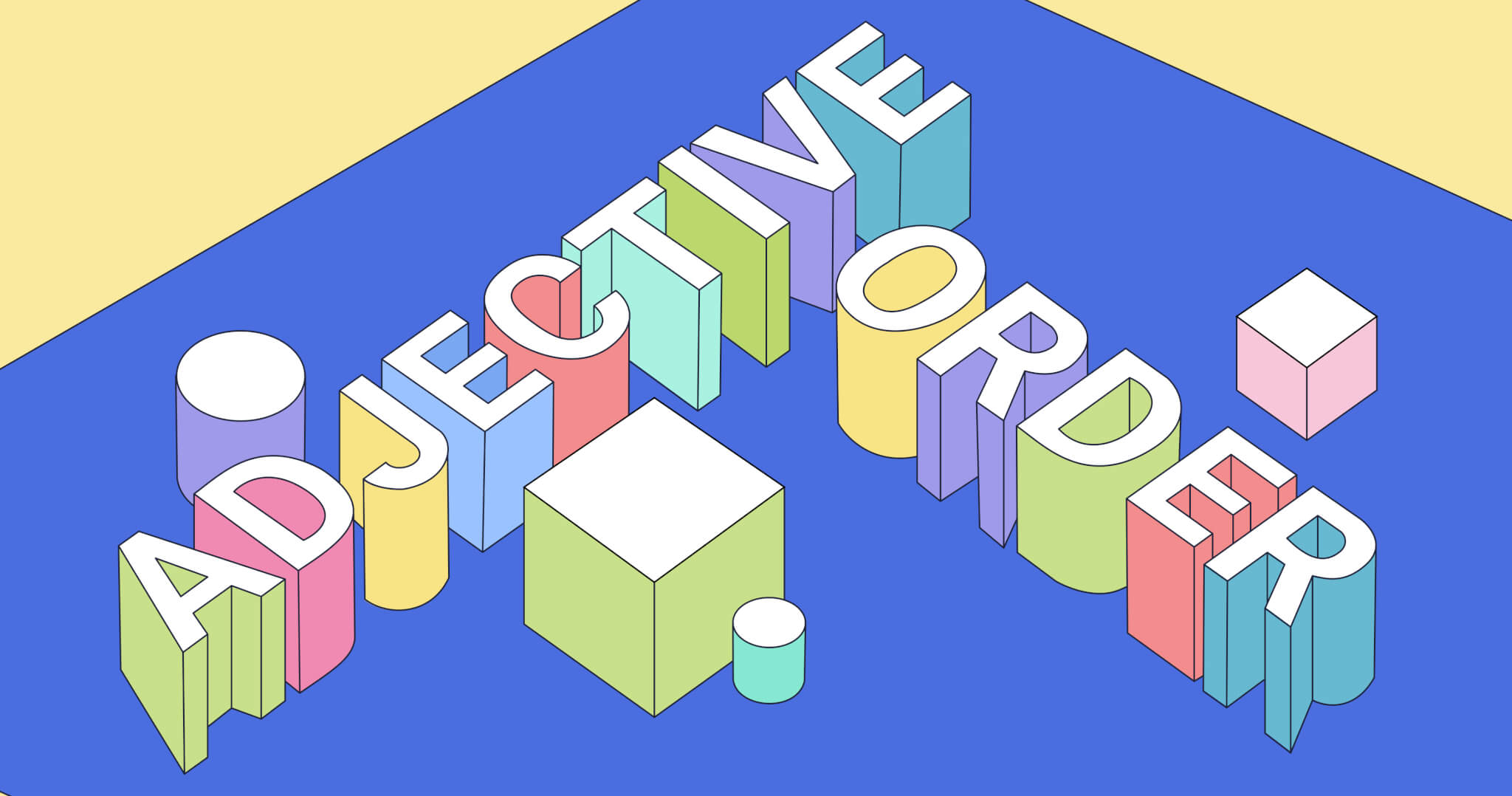killdozzer
Major Contributor
Oh c'mon! Don't jump on the train of blaming the education system. If for no other reason then because the train is full and 80% of people don't deserve to be on it.poor teaching methods were a big factor
I'm learning French. It is very difficult. My teachers are out of their minds how satisfied they are with me and I'm completely disappointed with myself. After I aced the lvl1 with flying colours I could only speak simple sentences in something like 4 tenses all together and I was devastated. Then it was made clear to me that given the difficulty, people (especially my age) are not expected half of that even if they're very gifted. My expectations worked against me.


